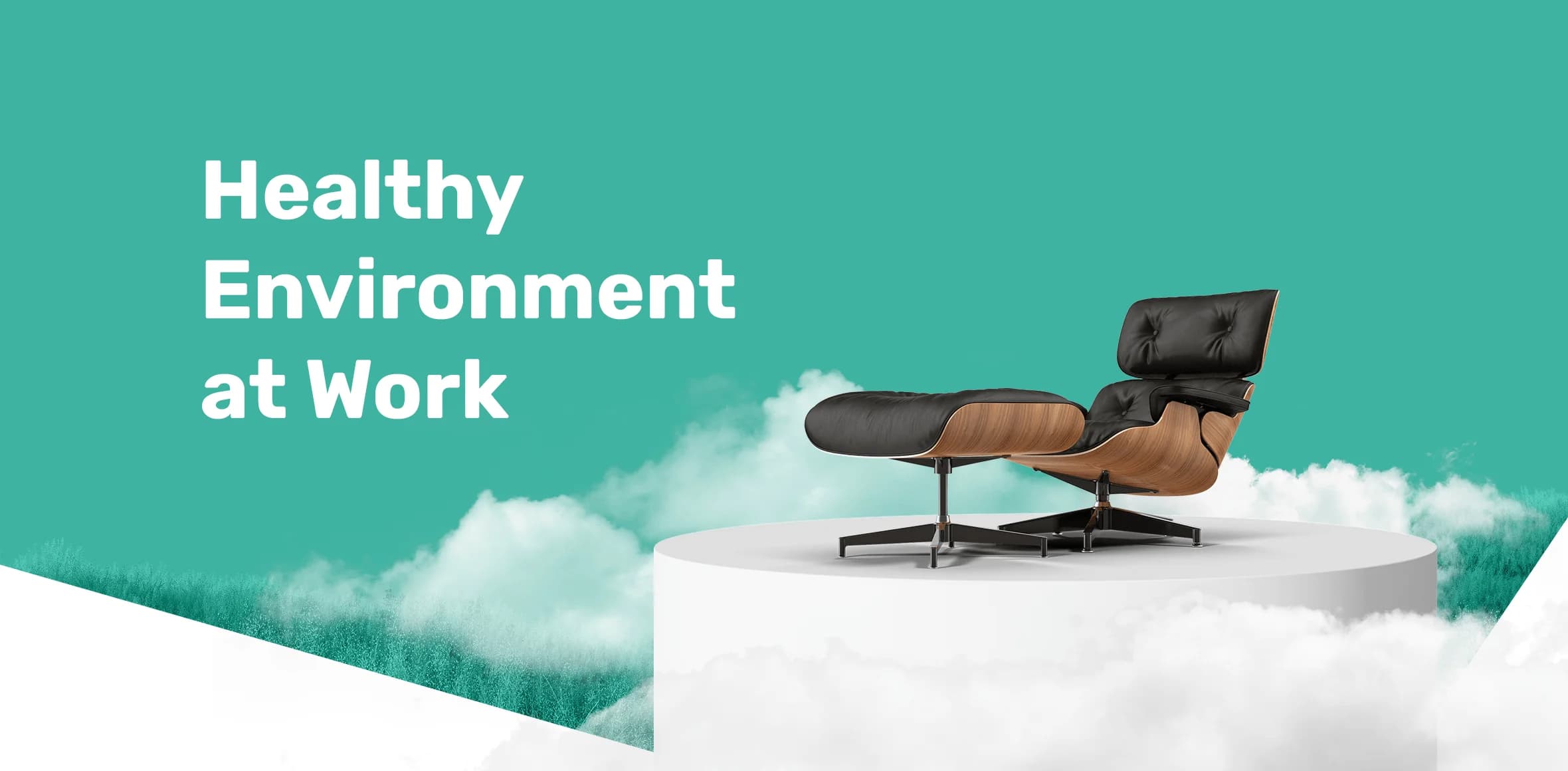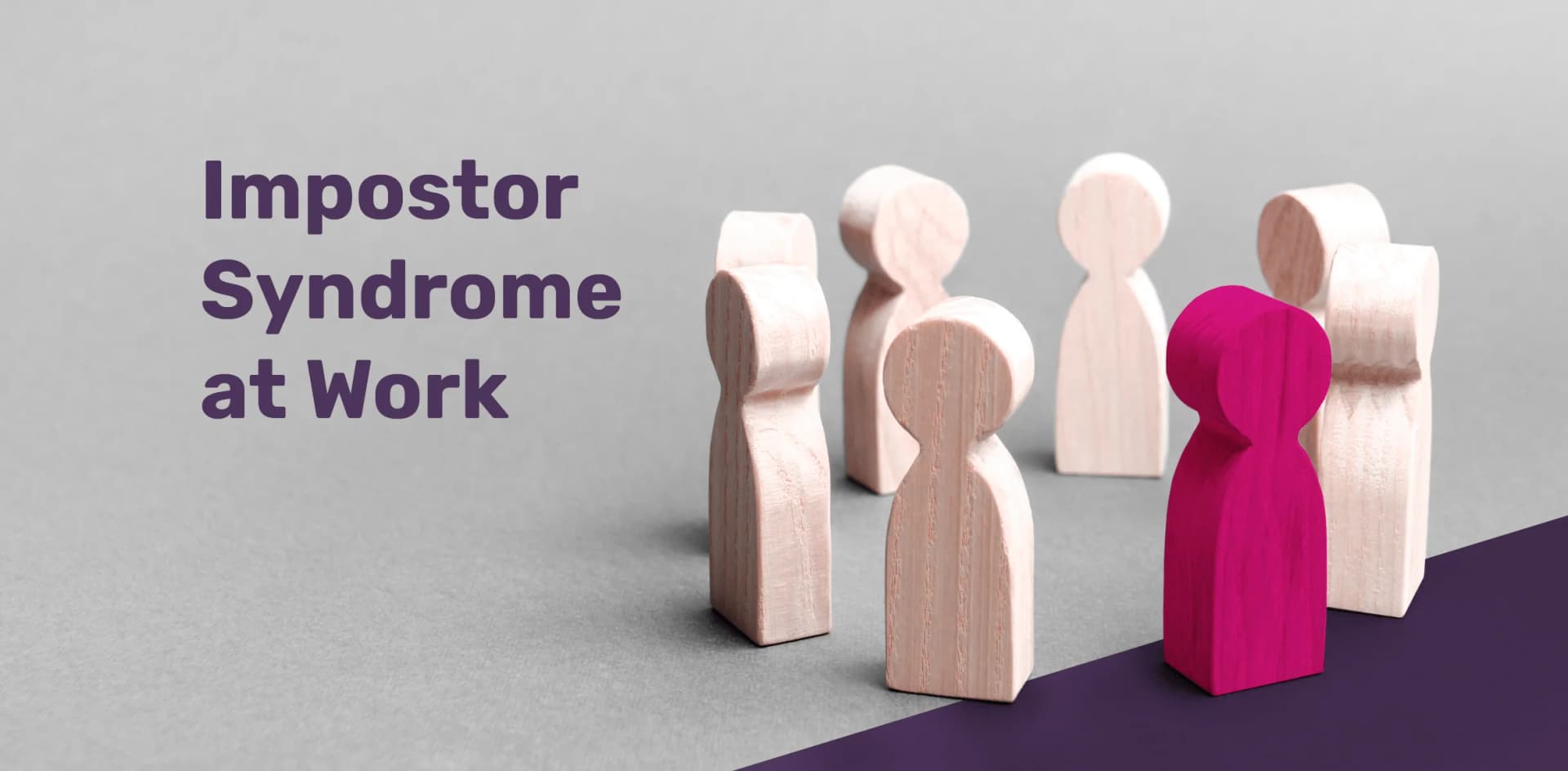
How to Create a Healthy Environment at Work
by Andreea Oproiu • almost 5 years ago • 6 min read
Keeping your company members happy and healthy should always be a top priority, and especially during these uncertain times, which are the most fertile ground for anxiety or other mental health issues to arise.
At Sensidev, we’re focusing on fostering a healthy environment at work by creating a psychological safe space, where our colleagues can feel protected, included, and with big hopes for tomorrow. Our professional lives occupy in most cases at least half of our endeavours, and they can have a powerful impact on our health and well-being. Not to mention that in our industry we have to keep up the fast pace by continuously learning, improving our skills and interacting with new professionals often, causing our emotions to go on a whirl-wind. Conclusively we have to always take one step back and reevaluate our state of being.
How to create a healthy environment at work?
Mental health can be a sensitive topic in professional circumstances, but the more we embrace it as a prominent part of our lives, the more approachable it will become. One day you can get a cold, another day you can feel down and need more time in bed, and it is important to take these both symptoms into consideration.
From our experience and our colleagues’ testimonials, these are some of the core aspects of creating a healthy environment at work:
1. Leave enough room for making mistakes
With emphasis on enough.
There is scientific evidence that negative experiences influence us significantly more than the positive ones, solely because how our brains have evolved through history and being aware of threats or attention to any bad detail was what kept us alive. Fast-forwarding to today, we’re still hung up on the negative more often than not, and we dwell for significant amounts of time on it, sometimes even ignoring that our overall experience is a pretty good one.
“The evolutionary perspective suggests that this tendency to dwell on the negative more than the positive is simply one way the brain tries to keep us safe.”
With this in mind, you might want to think twice the next time you will point out to your colleague that he has made a mistake or that his work doesn’t rise to the company’s standards. Not only that such a feedback can affect his overall performance, but it can cause him to question his professional qualities in the long term.
Leaving room for mistakes leaves room for improvement. After all, we all learn when making them — they’re part of any journey. As we’ve discovered from our colleagues, they feel much more appreciated if someone takes the time to teach them the right way and doesn’t make a big deal out of a misstep.
2. Communicate, communicate, communicate
Communication is arguably the cornerstone of any healthy and effective work environment. But in contrast to other types of relationships, communication at work needs to have a structure. Meaning — in every company, there’s a continuous cycle of who’s in charge, who’s new, who’s leaving, and in order to keep the team under control, every member should know who to talk to on certain matters.
Quoting our team members, these are vital aspects in any company’s communication:
→ a well-defined communication process & transparency for what happens in the company
→ knowing the proper person for asking a specific question
→ mentors/seniors setting the tone to the team’s dynamic
Also, the overall communication within the team is important, and activities that encourage it and create stronger bonds are mostly advised. For example, we’re currently working predominantly remotely, but try to keep all the team engaged with social or game nights online.
3. Clear goals and tasks
Of course, this aspect is important for the integral company’s success, but it plays a major role in mental health, as well.
When something is not clearly defined, we can’t concentrate on its ultimate goal and can’t visualize the necessary steps that need to be taken in its direction. This can cause stress and anxiety within your team members, and sometimes even lack of interest because they don’t have any control over what they’re working on. If we work with clear goals and tasks, we have the big picture in mind, and this leaves room for creativity, structure, and productivity.
Also, as much as people like to think of themselves as novelty-seeking and adventurous beings, we’re, by definition, creatures of routine and the more we have our lives in charge, the more we can strive.
4. Practise empathy
Even if you’re in a leadership role or you’re just starting out, you need to keep in mind that everybody is different, everybody’s journey is different and kind words don’t cost you anything.
Part of creating a psychological safe space is removing most fears that are usually associated with the workplace. This includes the fear of talking to your mentors/seniors, the fear of making mistakes, or even the fear of not being enough as a professional.
Practising empathy can make your colleagues feel more comfortable and listened to.
5. Flexible schedule
The world is currently undergoing a shift in the classic work environment, as many of us have started working from home and without the commute and loud office noises, there have also appeared some changes in the workers’ behaviours.
The most common result of this circumstance is that most of the professionals enjoy the freedom of arranging their schedule around their needs and not accommodating their entire life around their work as happened in the past.
At Sensidev, we have a flexible-schedule premise even since before the pandemic situation, and we highly recommend it to other companies also, because our colleagues feel more productive and empowered by this option. Of course, this also needs a type of structure, but we need to keep in mind that there are a lot of other activities going on in our lives and being limited daily by a time-frame can cause a lot of stress.
In conclusion, we believe that it is in our duty to decrease, not just to manage stressors at work. Between tasks, we have to make it a priority to check in with our colleagues. We’re still working on these aspects also, but we strive to be an active part of mental health awareness and to take care of all beings we spend time with.
*This article is published during the International Mental Health Awareness Week, with the aim of bringing more attention to this topic.
Mental Health at Work

Managing Feelings at Work
by Andreea Oproiu & Lucian Corduneanu & Ionuț Movilă • almost 5 years ago• 10 min read
